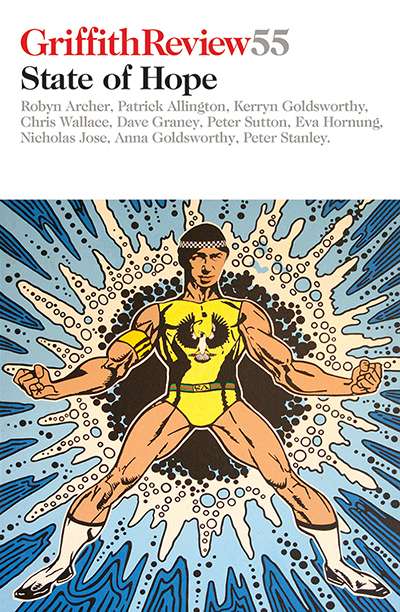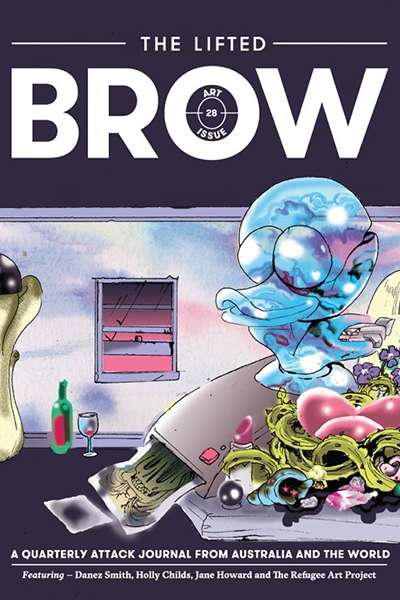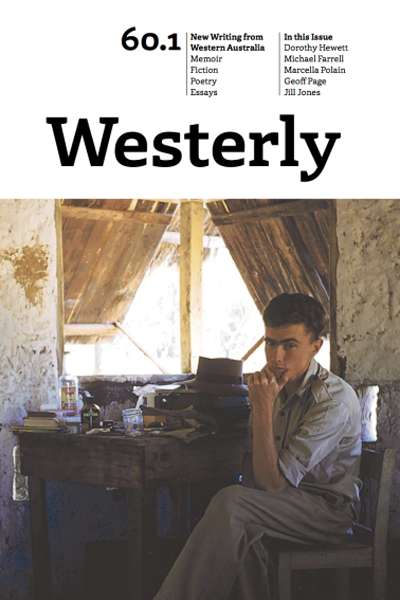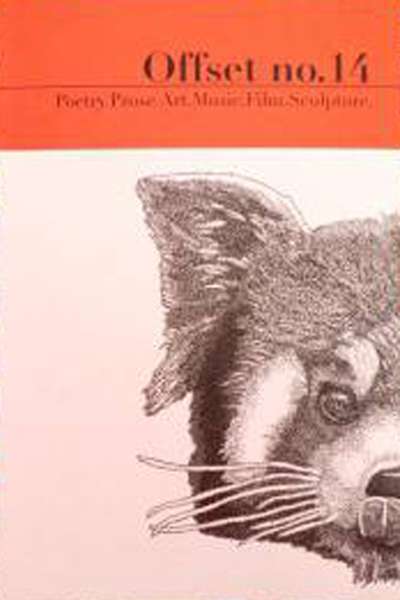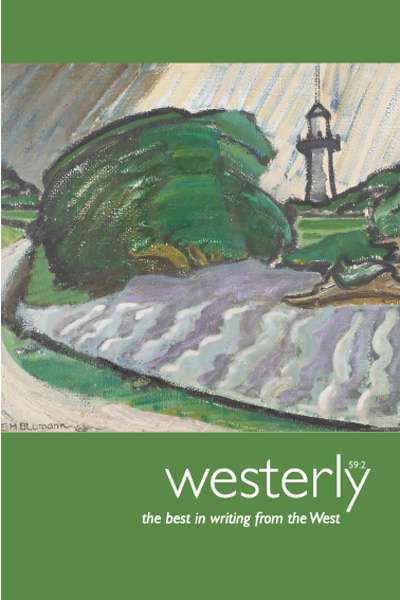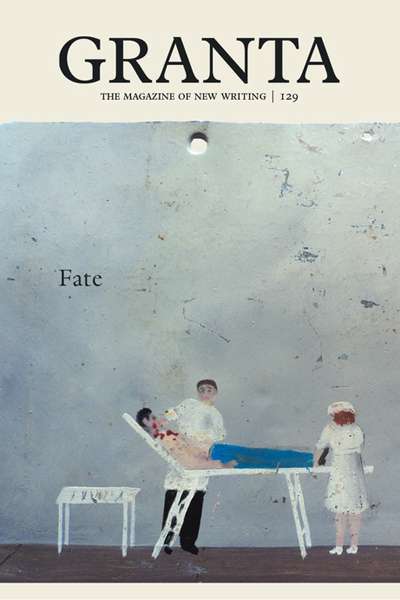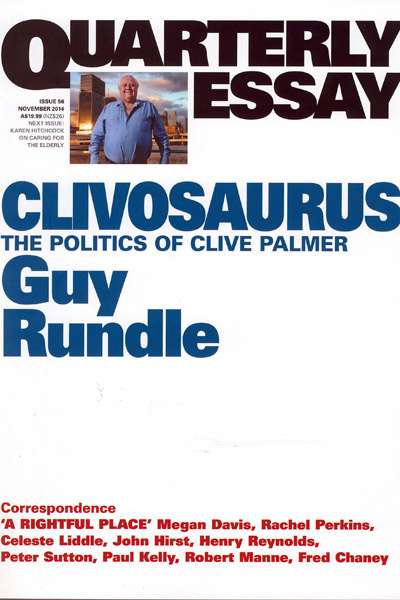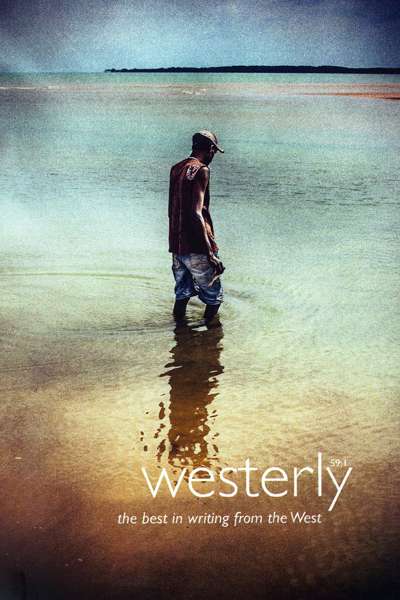Journals
Griffith Review 55: State of Hope edited by Julianne Schultz and Patrick Allington
by Robert Crocker •
The Lifted Brow: No. 28 edited by Stephanie Van Schilt, Ellena Savage, and Gillian Terzis
by Joseph Rubbo •
Offset No. 14 edited by edited by Angela Hryc, Hilal Kirmizi, and Anastasios Zaganidis
by Jessica Au •
Westerly: Vol. 59, No. 2 edited by Delys Bird and Tony Hughes-d’Aeth
by Luke Johnson •
Clivosaurus: The politics of Clive Palmer (Quarterly Essay 56) by Guy Rundle
by Shane Carmody •
Axon: Creative Explorations, Vol. 4, No. 1 edited by Lucy Dougan et al.
by Cassandra Atherton •
Westerly, vol. 59, no. 1 edited by Delys Bird et al.
by Cassandra Atherton •
Australian Literary Studies, Vol. 28, no. 1-2 edited by Leigh Dale and Tanya Dalziell
by Brigitta Olubas •

